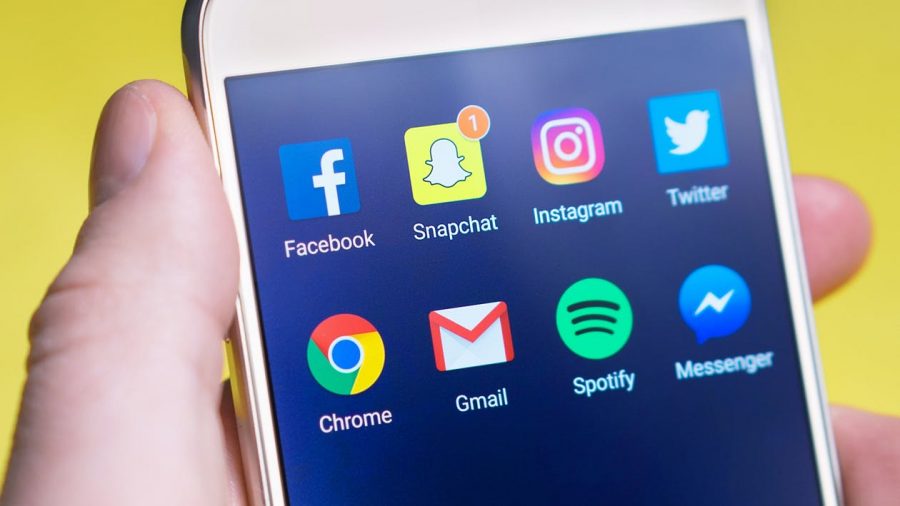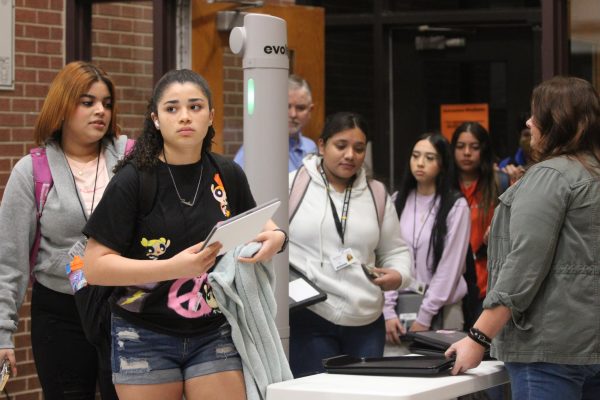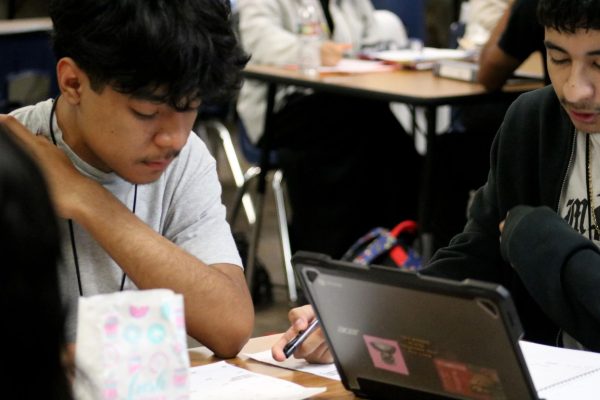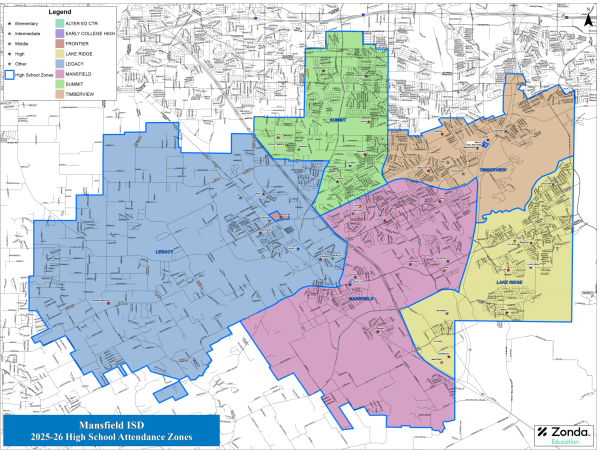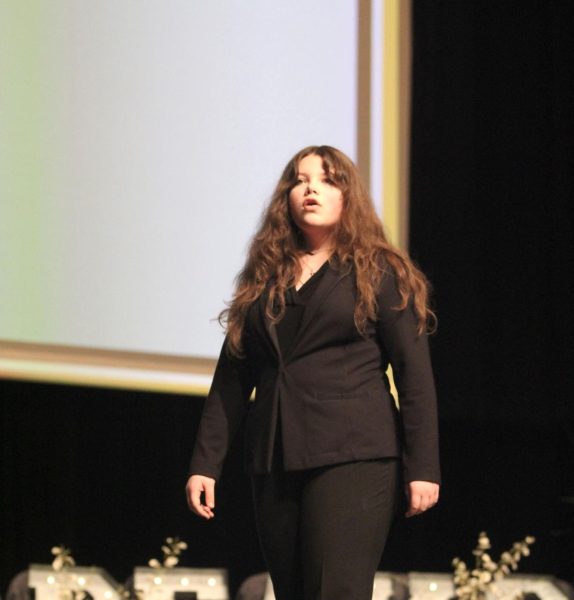Bullying on Social Media
Beginning this year, MISD began to heavily enforce a social media anti-bullying policy resulting in an increase office referrals for mediative behavior on popular websites.
” If something happens every Saturday and Sunday and people are going back and forth on social media, we still want to know about that because a lot of the time it spills over into school.” Principal Jennifer Young said. ” That’s where we step in.”
Such as, if a student has been bullied on social media the school would like to know in order to quickly put a stop to such behavior.
If a student is bullied on social media, there area few ways to he or she can report such an occurrence.
“Sometimes we have people contact me directly, sometimes they go to their AP, sometimes they go to their counselor, sometimes they tell a teacher, and sometimes they tell another student who then tells us,” Young said. ” We also have the anonymous Crime Stoppers program, which gets routed through our police department.”
Close to 34 percent of students acknowledge that they have experienced cyberbullying.
Although the district policy is used to help students who feel they have no one else to turn to, some students said they have no right to use what is said on their social media against them in school.
” I don’t think it is okay because it’s outside of school and that’s your personal life,” sophomore Kaidyn Stroud said. ” It shouldn’t affect you in school.”
However, what students don’t understand is that unless a student makes a bullying or harassment compliant, the school will not go onto a students’ social media account to police activity.
“I think it is good,” sophomore Katelyn Abbott said. ” It gives students the confidence that their claims are not going to be ignored because the school can’t investigate the social media side of bullying.”
With the new social media rules students know the school will be able to investigate their claims fully and that, if found to be true, they will take proper actions of discipline.+


